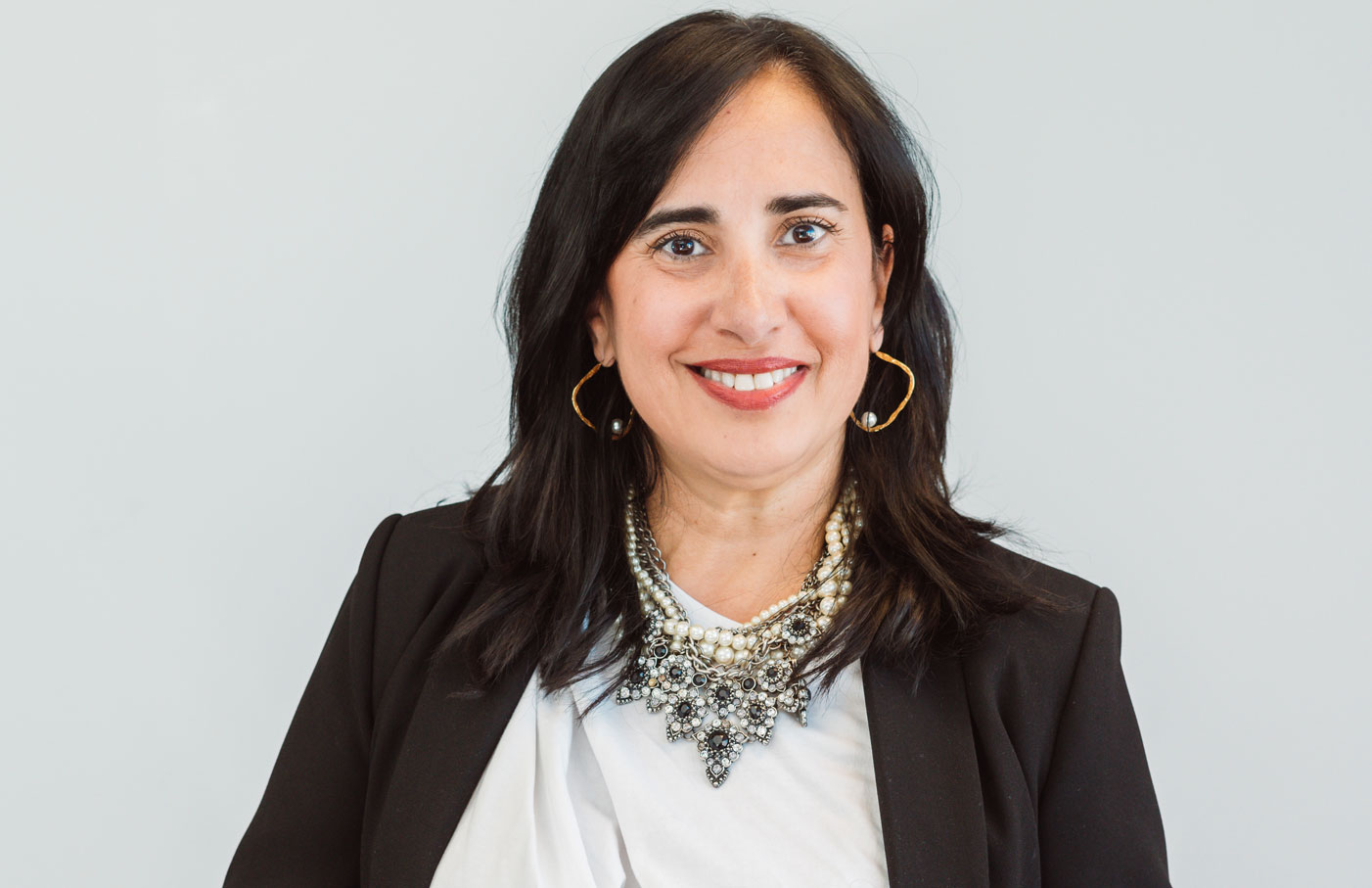Find out how to find documents for your grandparents and great-grandparents

The documents of your grandparents and great-grandparents are important for you to advance in your process of Portuguese citizenship by the Sephardic people. Many candidates are unable to confirm the viability of their processes and advance their research just because of the lack of these certificates.
Here we have prepared some guidelines on the most important documents of your grandparents and great-grandparents and where you can find them. You will see that your search will advance!
HERE YOU CAN START BUILDING YOUR GENEALOGICAL TREE.
1. Birth certificate
Because?
In the birth certificates you find all the most important personal data: full name of the registrant, date and place of birth, name of parents and name of grandparents.
But it is worth a caveat: older birth records, based on the parish seats of the Catholic Church, do not always bring the person's full name, registering only the first name and, often, only the names of the parents, but they are fundamental to establish the affiliation and bonds of older generations.
Where to find?
If you do not have the document, you can request a duplicate at the civil registry office in the registered city of birth. That is why it is important to always seek as much information about your ancestors from your family members as they can give you clues as to where previous generations were born.
HERE YOU CAN START BUILDING YOUR GENEALOGICAL TREE.
2. Marriage certificates
Because?
Like birth certificates, marriage certificates bear the full names of the bride and groom, dates and places of birth, names of parents and, in some cases, even the names of grandparents. In addition, the practice of renaming wives makes this document important for establishing maternal lineage.
Where to find?
Like the birth certificate, the marriage certificate can be requested from the civil registry office of the city where it was held. In the case of very old documents, more than 200 years old, for example, the search must be made in the public archives of the city.
3. Death certificate
Because?
In these certificates it is possible to find the date and place of birth of the deceased, as well as his / her affiliation and, in many cases, the name of his / her spouse. Thus, the document establishes links with the previous generation and can give clues as to where and from which period the search for information from ancestors should continue.
Where to find?
Death records can be requested from the civil registry office in the city where the person died, so it is essential to obtain this information from family members.
HERE YOU CAN START BUILDING YOUR GENEALOGICAL TREE.
4. Parish seats
Why?
They bring a variety of important information that would otherwise have been lost over time. They are more complicated documents to research, as they are written with old calligraphy (and old language, depending on the period). They can be found from the records of baptisms, weddings and deaths (with the names of the parents and, in some cases, the grandparents and places where they lived). However, not every parish priest recorded so much information. In many birth records, for example, only the name of the registrant and his parents and sponsors appears.
It is worth mentioning that the research requires some criteria that only practice can help to identify, as well as conservation problems of this type of clam.
Where to find?
They can be found at city headquarters, but a lot of material can now be consulted on the internet, through genealogy sites, such as Family Search, as well as at Mormon Family History Centers.

"Because of a controversy, they are changing a historical reparation," says Isabel Comte.
The proposed changes to the Nationality Law in Portugal remain at the center of public debate, even after the decision […]

"The Constitutional Court gave time, it didn't change the law," says a lawyer from Martins Castro.
The recent decision by the Portuguese Constitutional Court, which blocked key parts of the government's proposal to tighten access […]

Nationality for minor children: why is the process usually simpler?
Among the various pathways provided for in the Portuguese Nationality Law, transmission to minor children is usually perceived as a […]